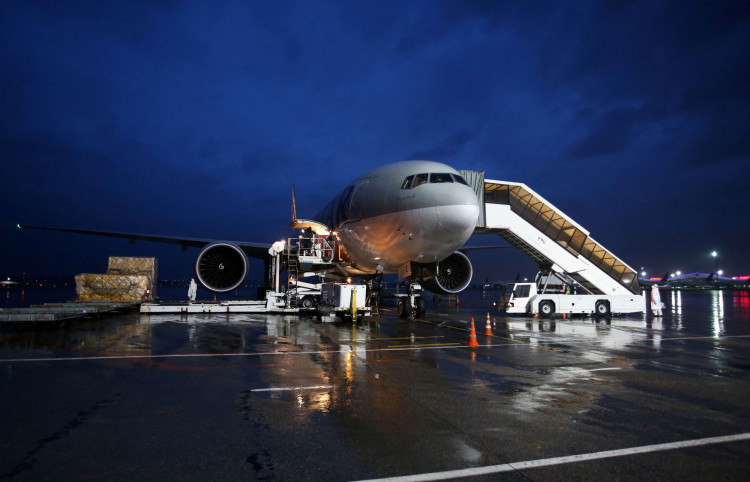After striving three years, China's largest online traveling agency (OTA) Trip.com Group finally obtained the central bank's third-party payment license by acquiring 100% equity in state-owned Shanghai Oriental Huirong Information Technology Service Co., Ltd., for 418.8 million yuan ($61.4 million), according to a public statement released by Shanghai United Assets and Equity Exchange.
Trip.com Group stated the payment license is critical to its financial license structure and hopes this cooperation will "improve the convenience of payments in the cultural and tourism industry."
An Essential Legal Tool
In June 2017, Trip.com Group was exposed of operating a pre-payment business without a third-party payment license. By collecting and sending out payments via Alipay and WeChat, the company was reportedly performing clearing and settlement, which is illegal under regulatory laws.
In China, only UnionPay and NetsUnion can perform clearing, while other payment businesses require a license issued by the People's Bank Of China (PBOC). In the past decade, exponential growth of online sales brought rapid third-party payment service development.
The PBOC started granting third-party payment licenses in May 2011. Many internet companies including Alipay and NetEase were granted licenses in the first few years, while Trip.com Group missed its chance.
By 2016, the central bank sought to tighten supervision on third-party payment to reduce risk, following certain payment businesses violating regulations. Even leading third-party payment providers, Alipay and Tencent's WeChat Pay were fined in 2017 for failing to comply with regulations.
With the payment license, Trip.com Group can act as a payment institution and clear through UnionPay and NetsUnion after receiving payments, and then pay airlines, hotels and travel companies.
Overcoming Difficult Time
Since the outset of coronavirus this year, Trip.com Group has seen billions in losses. Refunded orders reportedly topped 31 billion yuan. Many overseas trips and hotels, usually about 35% of transactions, were canceled. Top executives announced a voluntary salary cut, lowering operation fees since March.
The company reported a loss of 476 million yuan in net profits in the second quarter of 2020 with as much as 5.4 billion yuan in Q1. The company estimates a third quarter decrease of 47 to 52% compared with last year.
Analysts said the third-party payment license becomes critical for OTA to build an ecological business chain from traffic, payment and realizing the cash flow.
Surviving Next Wave Competition
"OTA companies have not created value to the industry, " said Zhuang Zhuoran, newly-appointed president of Fliggy, an affiliate company of Alibaba Group.
In response, one of Trip.com Group joint founders, Liang Jianniang said Fliggy's 10-billion-yuan subsidy plan will not likely influence customers' choices in travel consumption scenarios.
Rather than focus on only providing traditional travel services, online traveling platform (OTP) rival Fliggy relies on integration of Alibaba-backed sources and platforms including Taobao, Alipay and Auto Nav app. Another OTP giant Meituan has also aggressively progressed in the market. Analysts said it outperformed Trip.com Group in hotels.
Even among OTA, longtime rival eLong that has targeted the domestic market, suffered less than Trip.com Group under the pandemic. It reported positive profits in the two consecutive quarters and announced providing 1 billion yuan in subsidies to penetrate China's third- and fourth-tier cities.
Nasdaq-listed Trip.com Group is trading at $31.27 each share at the time of writing.





